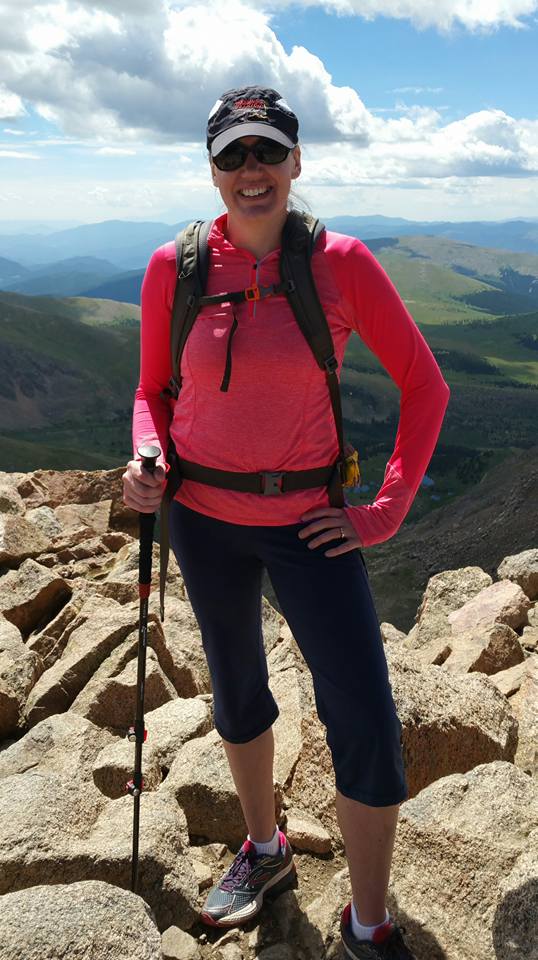Alright – so today we’ve got the honor of introducing you to Becky Perkins. We think you’ll enjoy our conversation, we’ve shared it below.
Becky, so good to have you with us today. We’ve always been impressed with folks who have a very clear sense of purpose and so maybe we can jump right in and talk about how you found your purpose?
My life’s purpose has become quite clear to me over the years: I am here to help ease the suffering of my fellow humans, particularly those who have suffered sexual violence. I’ve always felt a deep sense of empathy and compassion for others, even before I was old enough to articulate what that means. I am somewhat shy and introverted, so I was never one to speak out against injustice as so many inspiring advocates and activists have. Instead, I was drawn to sit with the grief-stricken, or with the lonely person in the back of the room who feels that no one cares about them or understands what they’ve been through. But the single most influential catalyst for realizing my life’s purpose was the rape I suffered at age twelve, a deeply painful experience that challenged my sense of self and the world around me. Experiencing that trauma and navigating the many layers of healing over the years has deepened the empathy I feel for others and, most importantly, has given me a sense of direction for it. I have held different jobs over the past 25 years, some of them directly related to victim services, some not. I’ve provided advocacy to sexual assault victims in hospitals, police departments, and courts. I’ve trained and supervised volunteer advocates. I’ve provided training and technical assistance to victim service providers, and I’ve advocated for public policies that benefit victims of crime and those who serve them. Today, I work alongside amazing individuals with lived experience in a national effort to build awareness about the impact of sexual abuse and support survivors. Regardless of the positions I’ve held, a through line in the arc of my career and my life so far is a drive to ease the suffering caused by trauma, to ensure that survivors of that trauma are believed, validated, and never have to walk alone.
As I embrace middle age, I am exploring new, creative ways of expressing myself and my empathy for others, such as through writing and through the power of nature. For a while in my early-40s, I was an avid runner and fitness instructor, but due to discomfort in my knees, I’m now content to practice yoga at home, take my dog for a walk around the neighborhood, or find a beautiful mountain or trail to hike. I am inspired by reading stories or books about courageous women from history, and I’m always learning and deepening my understanding of trauma and human resilience.
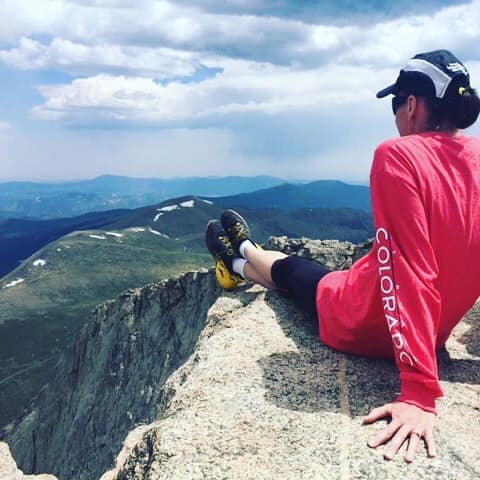
Let’s take a small detour – maybe you can share a bit about yourself before we dive back into some of the other questions we had for you?
I currently work for a national nonprofit called Zero Abuse Project, the mission of which is to protect children from abuse and sexual assault by engaging people and resources through a trauma-informed approach of education, research, advocacy, and advanced technology. I work specifically on a project called SurvivorSpace, which is a website and mobile app that contains creative content, information, and resources for adult survivors of child sexual abuse. Most of the content on the site was created by survivors, clinicians, and other experts who, through grant funding, have been financially compensated for sharing their wisdom and encouragement with others via their content development. Working alongside these amazing survivors and my colleagues at Zero Abuse Project has been one of the greatest honors of my career. With different grant funding, we will soon be working to further diversify the voices represented on SurvivorSpace by partnering specifically with survivors from Native American communities as well as survivors from non-Christian faith traditions.
I have the additional honor of helping to support three other programs at Zero Abuse Project. One is the CAST program, which stands for Child Advocacy Studies. CAST is a dynamic academic program that spans various disciplines, empowering students to confidently recognize, react to, and respond effectively to child maltreatment. Since its establishment in 2004, CAST has been successfully implemented in over 100 academic institutions across 30 states. I support the CAST team in developing survivor-focused learning materials and resources that are used in preparing the next generation of child protection and victim service professionals. Additionally, I proudly provide periodic administrative support to Zero Abuse Project’s Internet Crimes Against Children (ICAC) Training and Technology program, which provides training, technical assistance, and innovative tools to support law enforcement and ICAC investigators across the country. Lastly, I oversee the implementation of online chat-based support groups for male survivors of sexual trauma via Zero Abuse Project’s recent acquisition of the national nonprofit 1in6. These support groups, which are offered once each weekday, are facilitated by a clinician and offered to male survivors anonymously and free of charge.
As my work continues with these and other impactful programs at Zero Abuse Project, I am realizing a new passion inspired by my experience as both a professional and a survivor: Many professionals who work in a variety of roles within victim services and child protection have a personal history of trauma. Like me, this history is part of what has motivated them to pursue their career. Working as a survivor in this field is often rewarding, but can also be retraumatizing or, at the very least, emotionally difficult some days. I want to find a way to harness the expertise and innovation that Zero Abuse Project possesses in abundance and apply it to supporting survivors of trauma who are also doing the gritty, necessary, and often thankless work of investigating sexual abuse, prosecuting offenders, and supporting victims and their families. I’m excited to explore what this could look like going forward.
I am now also part of the National Organization for Victim Advocacy’s newly-formed Public Policy Advisory Group, which is focused on sharing information about public policy from across the country and advocating for policies that will support victims/survivors and the programs that serve them. The work of this group is especially important now and over the next few years in addressing, among other things, the shortfall in the federal Crime Victims Fund that has resulted in drastic cuts to victim services in communities throughout the U.S.
Personally, I am passionate about writing and am exploring ways to utilize my writing in creative ways that support others. Additionally, I am passionate about being in nature and amplifying the many ways that doing so supports physical, emotional, and social health for everyone, but especially trauma survivors.
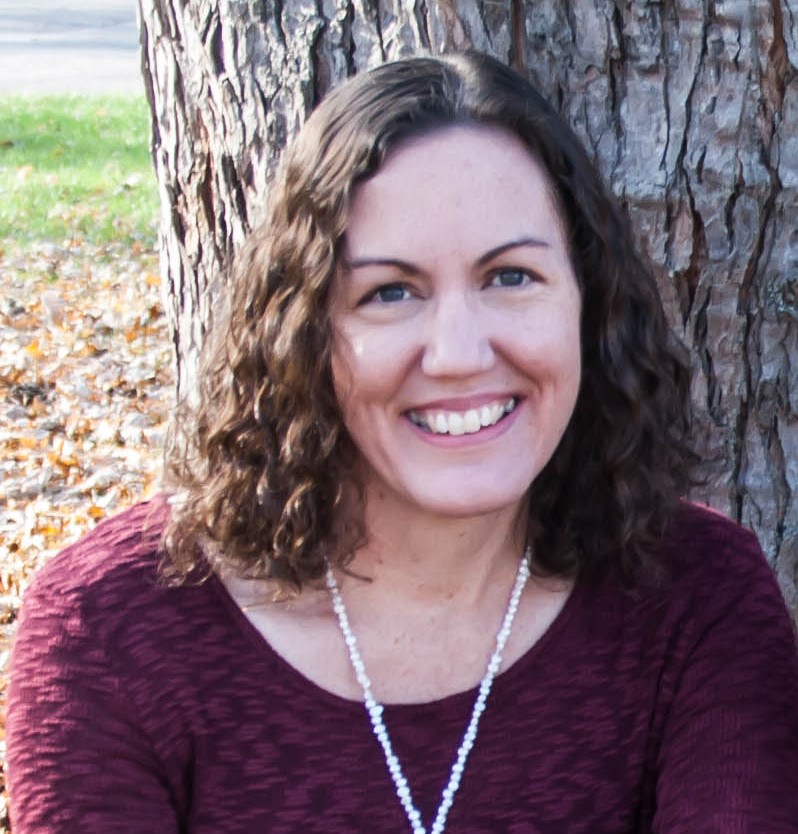
If you had to pick three qualities that are most important to develop, which three would you say matter most?
One skill I think is important for anyone on any journey to continually cultivate is emotional intelligence. It’s something I’ve intentionally worked to develop for myself over the years, and it’s especially important for anyone who wants to work in the areas of trauma or victim services. Being able to recognize, understand, and regulate our emotions in a variety of sometimes intense contexts is essential for our own wellbeing and so that we do not unintentionally harm others. For trauma survivors in particular, understanding our emotions is a vital and necessary part of understanding the impact of the trauma on our lives and how it affects our relationships with others, whether in our personal lives or at work.
Secondly, I think it’s really important to have mentors in your life, people you can look up to who will support you, challenge you, hold you accountable, and model the behavior and success you want for yourself. I’ve had several folks in my life who have mentored me, and continue to. Similar to mentors, I always recommend intentionally surrounding yourself with (or following or being in the company of) people who are smarter than you about topics you want to learn or knowledge you want to gain. Don’t be afraid of feeling stupid. No one can know everything. All good leaders and experts are eager to share what they’ve learned in order to help others.
Lastly, it’s so very important to take care of your health and invest your time and energy in what’s important in your life. In America, we tend to be focused on our work and achieving a certain status in our career, but what will always matter most is the people in your life – your chosen family – and the ways you choose to experience and enjoy life outside of your work. I have to remind myself often that my identity is more than my job title, and by extension, more than the trauma that led me to my career. That’s difficult to do when my work is tied to something so personal. I have a family I love, dogs heal my heart, being in the mountains feeds my soul, I enjoy a good book and a cool breeze, and I solve crossword and Sudoku puzzles to unplug my advocate brain for a while. When those things aren’t enough or when I need extra help, I see a therapist. Healing from sexual assault or abuse is never a one-and-done process, and each layer of healing you discover is worth the time you invest in getting there.
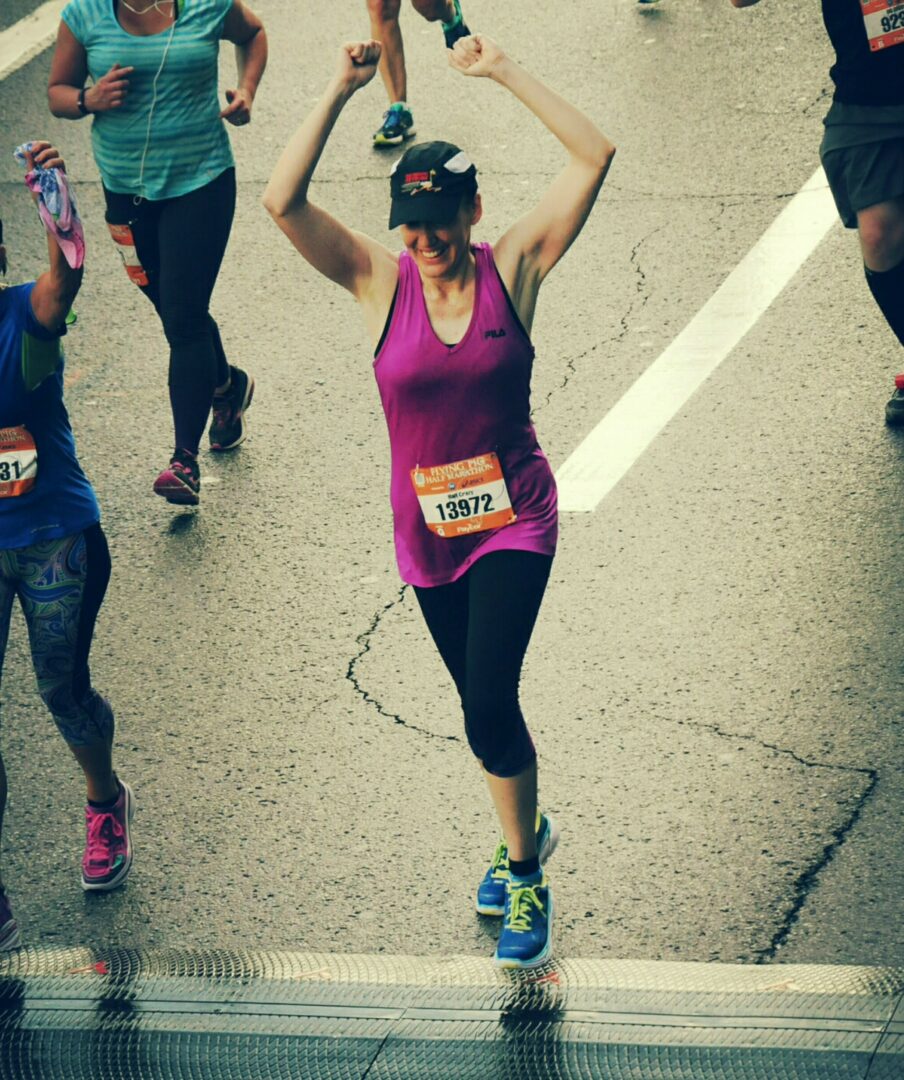
Okay, so before we go we always love to ask if you are looking for folks to partner or collaborate with?
I am always interested in exploring potential collaborations with folks who can support the work my colleagues and I are doing at Zero Abuse Project, whether that be a financial investment or strategic partnership. For example, we would love to expand the reach and impact of SurvivorSpace, to support additional male survivors through our online support groups, to partner with additional academic institutions through our CAST program, and to continually update and expand upon the training and tools we offer to ICAC investigators. I am also interested in exploring innovative ways to support victim service and child protection professionals who are survivors. And personally, I am continually working to hone my writing skills and learn from influential writers and other creatives who share my sense of compassion for others. If any of this resonates with you and you’d like to explore a potential collaboration, please reach out to me via email at [email protected], or via LinkedIn.
Contact Info:
- Website: https://zeroabuseproject.org/
- Instagram: https://www.instagram.com/survivor__space/
- Facebook: https://www.facebook.com/ZeroAbuseProj/
- Linkedin: https://www.linkedin.com/in/beckyperkins/
- Youtube: https://www.youtube.com/@ZeroAbuseProject
- Other: SurvivorSpace website within Zero Abuse Project: https://survivorspace.org/
Personal blog: https://joyceswindow.wordpress.com/
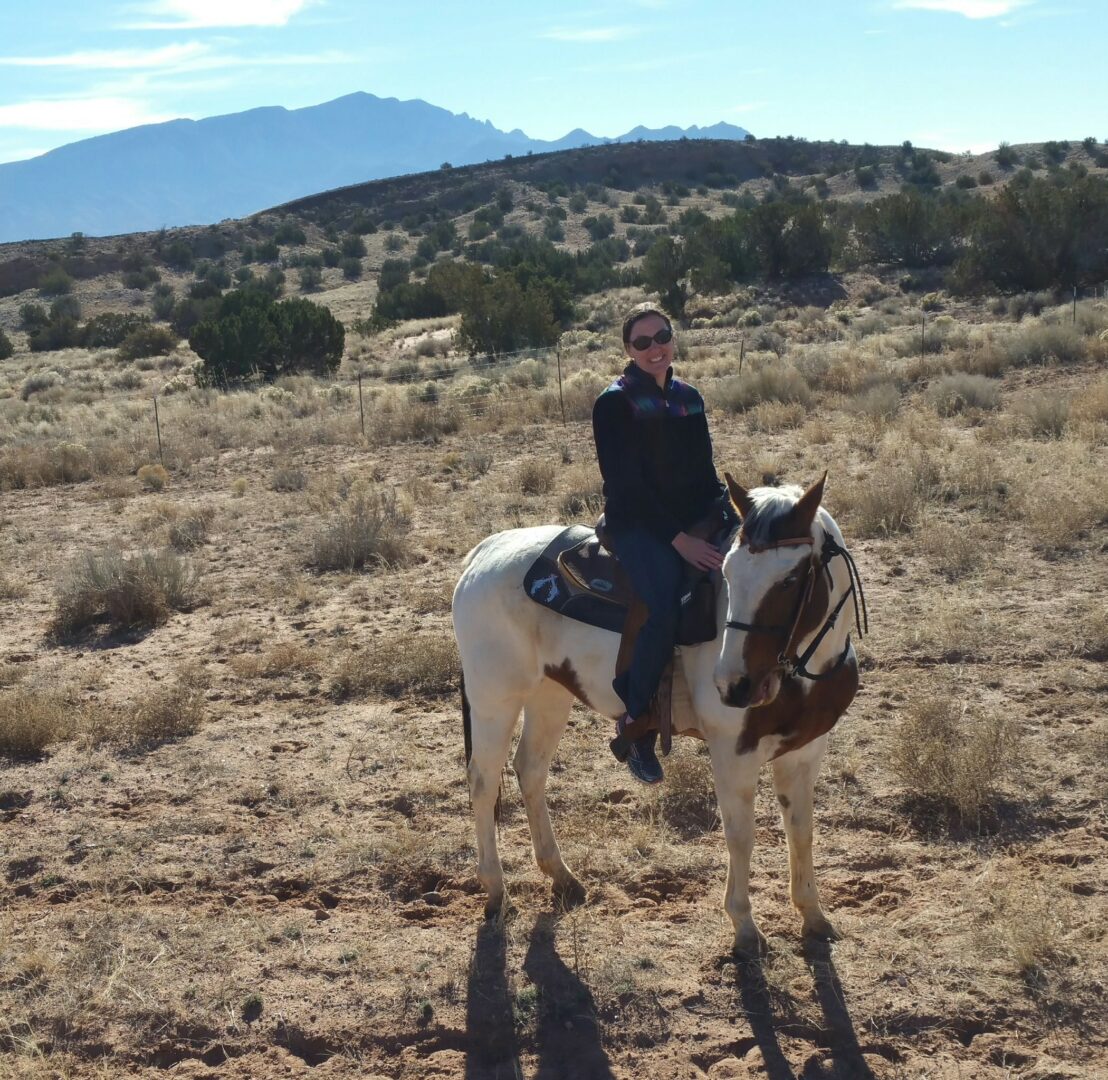
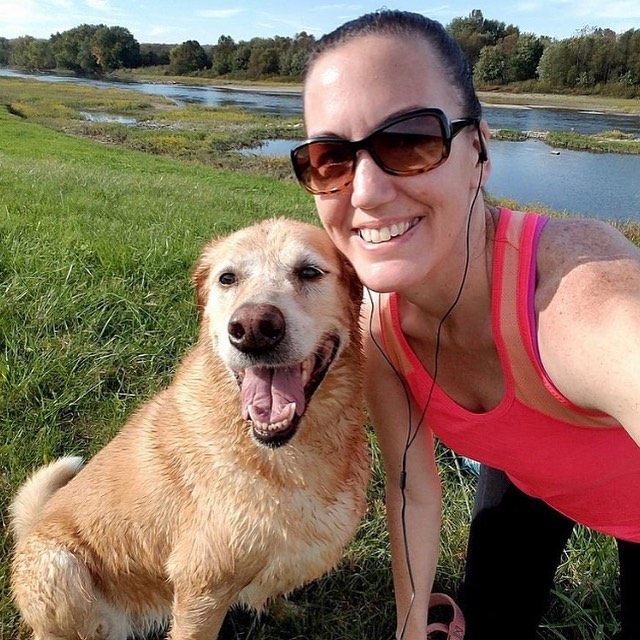
so if you or someone you know deserves recognition please let us know here.

